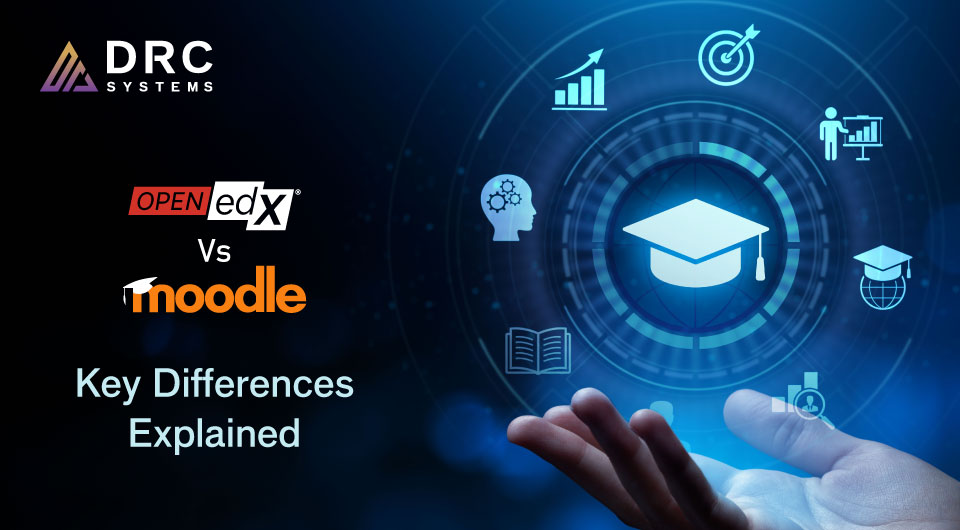Related Articles
Open edX vs Moodle: What Separates Them?
When the question arises about which is the best online learning platform for the world, two platforms are widely talked…
Read The PostTop 10 Reasons To Take A MOOC In 2021
Why are MOOCs so popular? How can these courses help you stay ahead of the traditional learners? Discover the top 10 reasons to take MOOCs and upskill yourself in 2021.
Read The PostChanges to Expect in Corporate Training Post COVID-19
The COVID-19 pandemic has transformed corporate learning. Discover the key post-pandemic changes.
Read The Post


